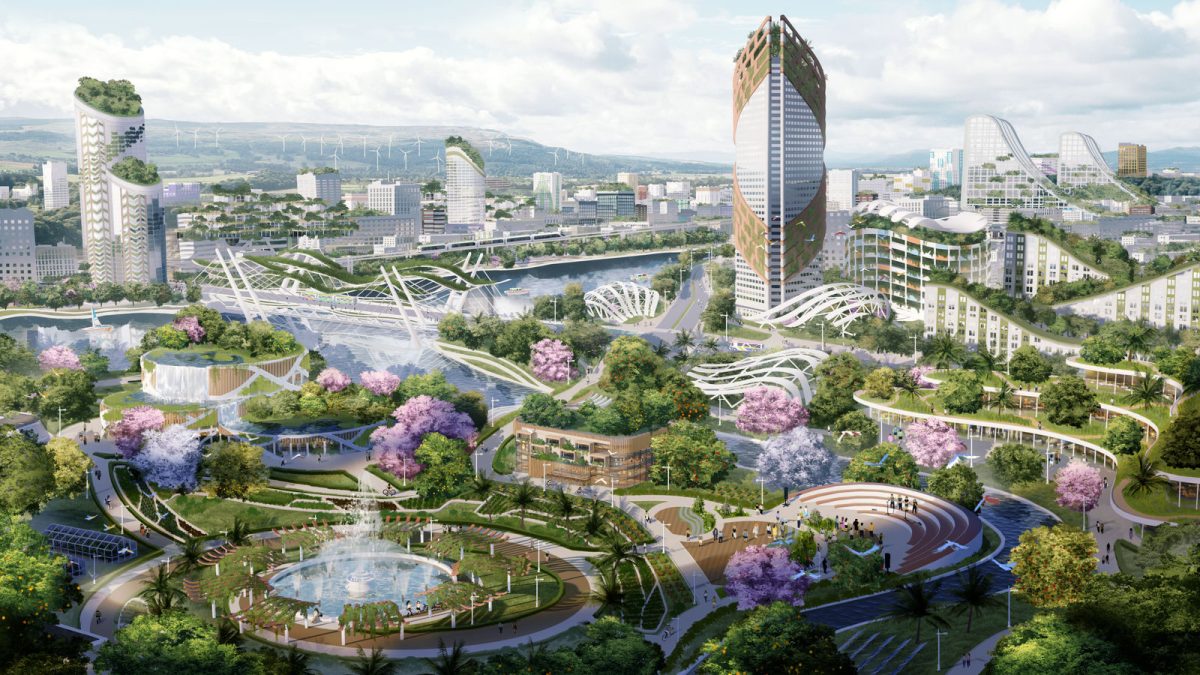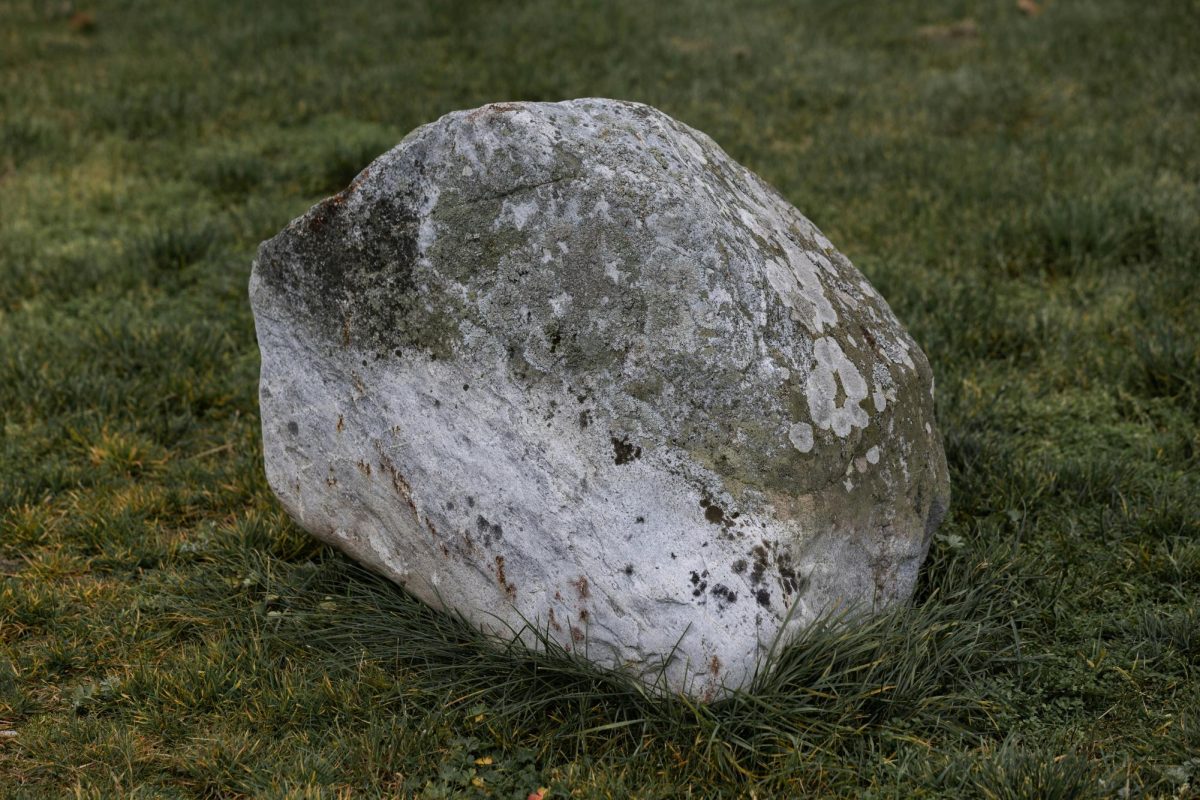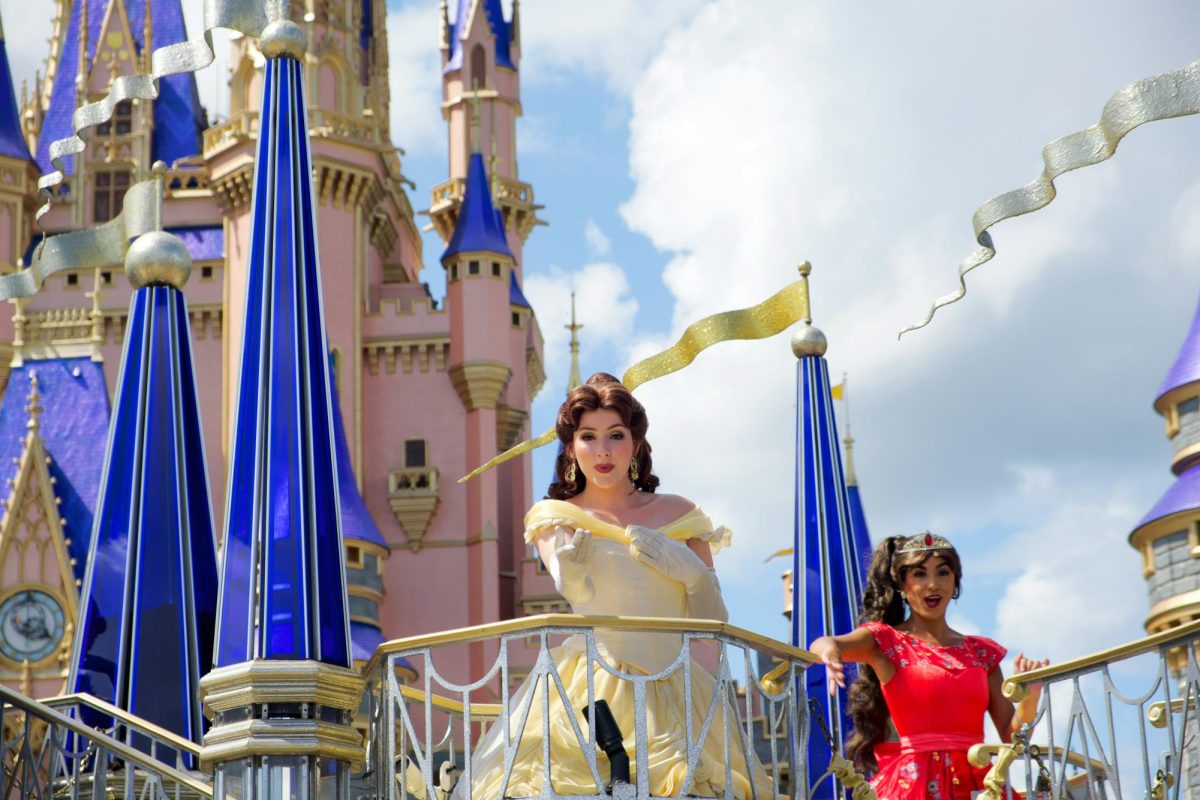Have you ever thought of Earth turning into an ideal world, a place of true wonder and infinite happiness: ‘a paradise’? Where every human will be happy, there will be no war, no poverty and no injustice. Where everyone will give these cruel things up and enjoy the joy the ideal world brought us, and thus peace is created? Well, through research and history, it turns out you are not the only one. Humans throughout history have yearned for paradise and tried to build this ideal society. Even nowadays, we are still trying to make the planet a ‘better place’ by improving our technology and building new ones like AL. Or various protection agencies trying to stop climate change, plastic waste, deforestation, etc. These actions have all proven an urge to a place of true fascination, but did we succeed? So, today we will discover the history of humans creating paradise.
First of all, what is a paradise? Cambridge Dictionary defines paradise as “a place or condition of great happiness where everything is exactly as you would like it to be.”Until now, people think the true paradise is that in Second Temple era Judaism, ‘paradise’ came to be associated with the Garden of Eden and prophecies of the restoration of Eden, and transferred to heaven. But people have different opinions about paradise/our ideal world, some say it’s about love and friendship, some say their perfect world would be infinite richness, and some say it’s peaceful. Others can say paradise can be paradise because it is a place with gorgeous beauty. Every human has different needs and expectations for paradise, so how can we build the ideal world that every one of us is satisfied with?
In 1516, Thomas More wrote and gave this ideal world a name. Utopia, Greek meaning ‘no place’. While it seemed fairly impossible, many groups have tried to turn their longing for utopia into reality. Unfortunately, many of the utopian societies ended in war, famine, or oppression. Why and how did it turn into a disaster? Let’s dive into some ancient ‘paradises’ and find out the problems.
- Plato’s ideal world: a perfectly balanced state
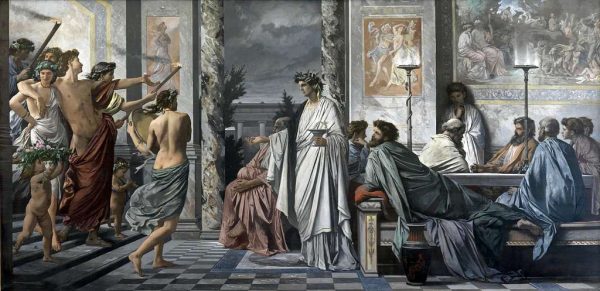
According to the Republic, Plato believes that politics is about supporting people to get better, both in their lives and in their souls, and that they need truly great leaders who are guided by wisdom, who can put their desires aside and always aim to make right decisions for the state to be in charge and make sure the society runs smoothly. The feudal system in his ideal world is divided into workers, soldiers, and philosopher kings as the rulers. In Plato’s ideal state, workers need to show self-control, soldiers need to be brave, and the rulers must be wise. If everyone does their part, the state will be fair and peaceful. - The Utopian Wonder Island by Thomas More
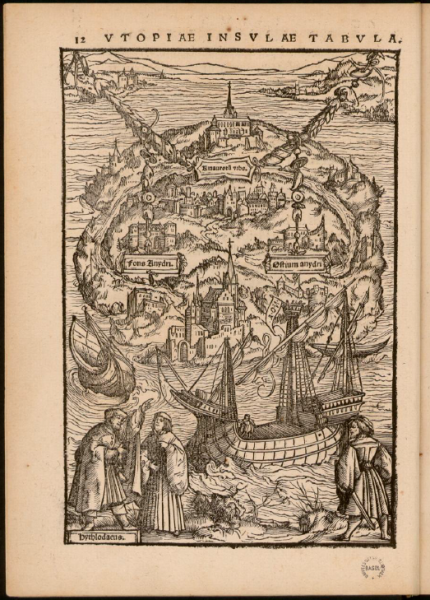
In the story, Utopia is an island nation with unique rules. Life in Utopia is all about sameness: everyone lives the same way, speaks the same language, has the same customs, and even the cities all look alike. People in Utopia have no currency or private property, everything is shared and organized. Goods are handed out instead of earned. - The City of the Sun by Tommaso Campanella
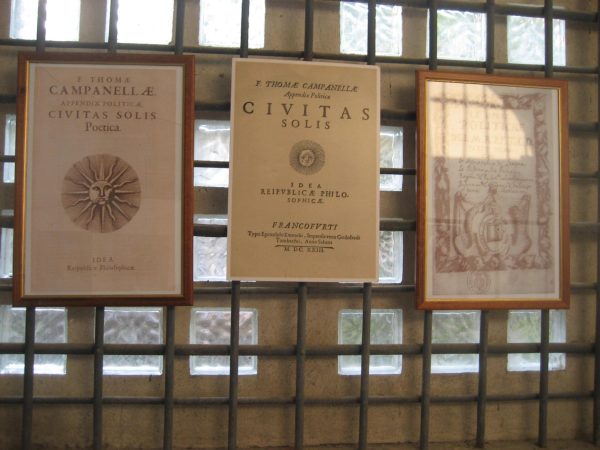
Tommaso believes all the world’s problems come from private property and families. Thus, citizens all work, eat, and sleep in a shared space. Leaders aren’t elected by the people, instead, they are chosen by higher leaders. The top ruler is named Sun, and he has three co-rulers: Power, Wisdom, and Love. In this nation, they believe science is the most important thing and use science to run everything.
After a brief look back at the history of humans creating paradise, I must say it is very amazing how people tried to create or at least imagine their ideal world. Also, what are the problems you found? And, think about whether you would want to live in the three ‘ideal worlds’.
Some of the similarities between these paradises that I have noticed are:
- They must have a ruler
- Everyone needs to do their part, in order to get society to function
- All of the ‘creators’ of the ideal world are trying to solve their interpretation of Earth’s problem; private properties, families, or the need for a leader.
- All of the ideal worlds are DIFFERENT.
No ideal world has ever been identical. People design their ideal world to their perspective about paradise, and their liking, which is why ‘human-made paradises’ are often one-sided, only to benefit the creator. Imagine Plato living in Utopia – he would say that we need strong, powerful leaders, we should listen to the instructions they give us, we shouldn’t share everything and we shouldn’t make our own decisions. They are the greatest and most wise, therefore they will guide us to the right path in life!
If Tommaso were to live in Plato’s world, he would say: that politics are rubbish and you should follow science to be able to see beyond. As mentioned before, your paradise might not be the paradise other people want. If you were to look back at all the worlds, they all have small problems that could lead to huge disasters. For example, in Thomas’s world, limiting property would make life fairer for everyone, yet there will still be people who work in more unpleasant conditions, who still get paid the same amount as people who work in more pleasant conditions. It would then be unreasonable if everyone gets the same amount. One important thing that Thomas believes is if some people are working less, it’s usually because some people are working more, even so, it still happens in some places in our modern world. Furthermore, in the city of the Sun, this system might sound promising and organized at first, however, there is no privacy in this city. Some people may prefer to have private spaces or to stay with loved ones instead of sharing everything together.
An ideal world cannot be materialized because humans have cravings – yet all the ideal worlds are concepts to settle your “cravings”, for richness, for peace. Despite that, we could have more cravings even after the ideal world has been built thus letting us think that this is not the ideal world. If you think about Mercury, Venus, and other planets except Earth, you would say one Earth is the ideal world –because some planets are too hot, some are too cold, some have poisonous gas, etc. All of these planets are unable to be inhabited yet, but only Earth can – so Earth should be the ideal world. Still, many people think it’s not, it should be Heaven, up in the sky, down in the ocean…
The history of humans creating paradise is still happening now, as we try to advance our technology, try to gain more knowledge, and try to fulfill our curiosity for beyond. It shows problems will not stop our inquisitiveness to discover. Still, it can not be possible to make everything perfect and everyone happy due to our imperfections of us, of planet Earth and everything on it. But these imperfections are what create us and our diverse world. Nonetheless, I suggest that instead of imagining a long-term, difficult, or maybe problematic topic like creating an ideal world, you could help yourself to create a perfect day by doing the things you like. That would surely be ideal since it would leave most happy and satisfied.
https://dictionary.cambridge.org/dictionary/english/paradise
https://www.thecollector.com/what-is-the-ideal-world-according-to-famous-philosophers/
https://stock.adobe.com/de/search?k=utopia+fantasy&asset_id=601915606

